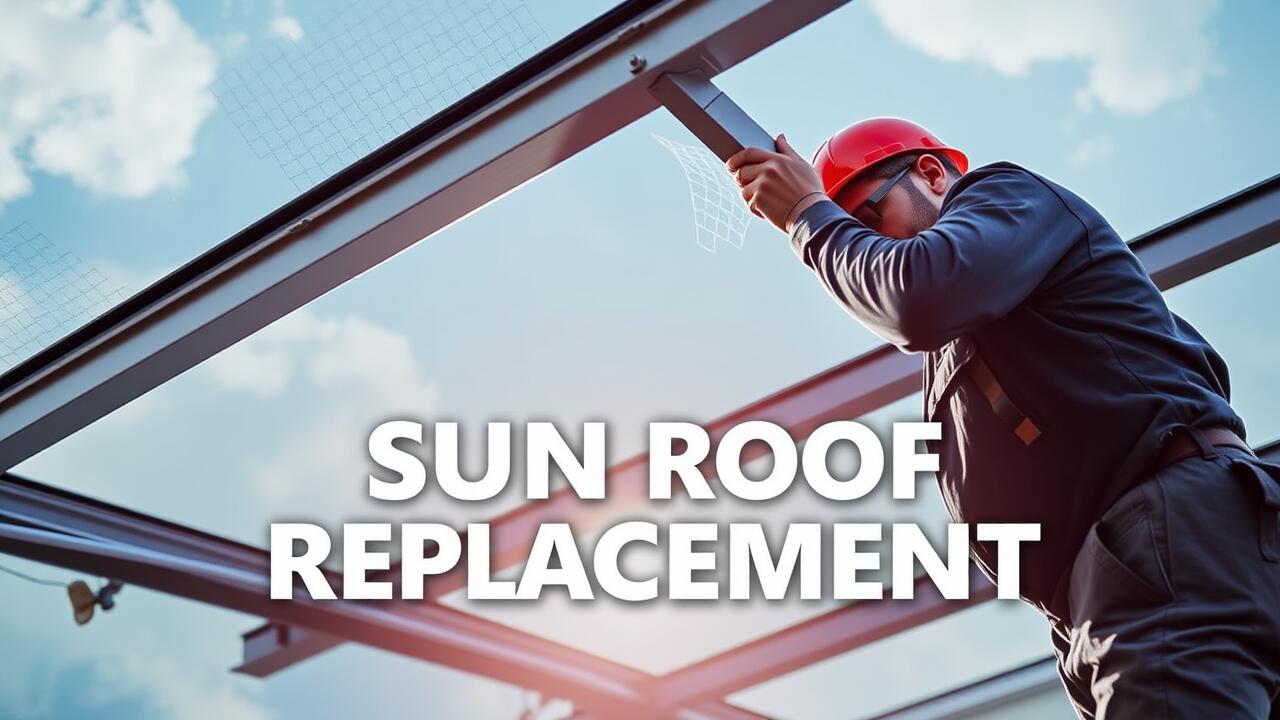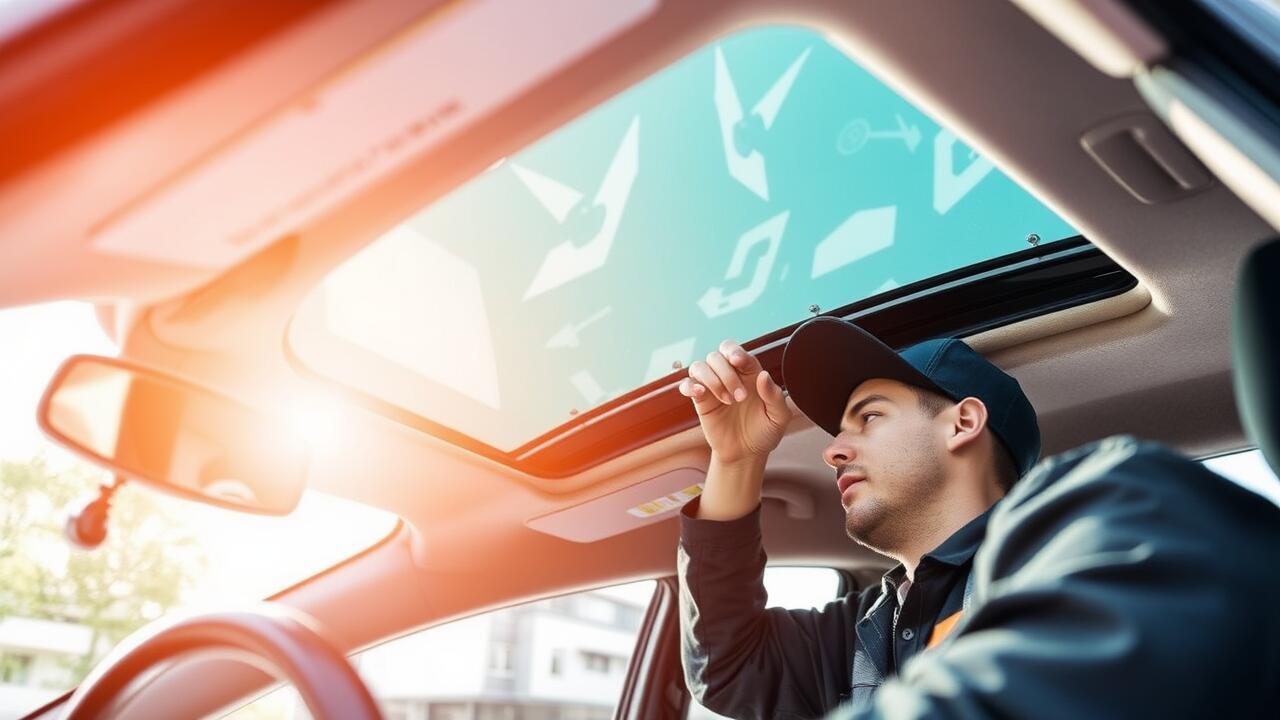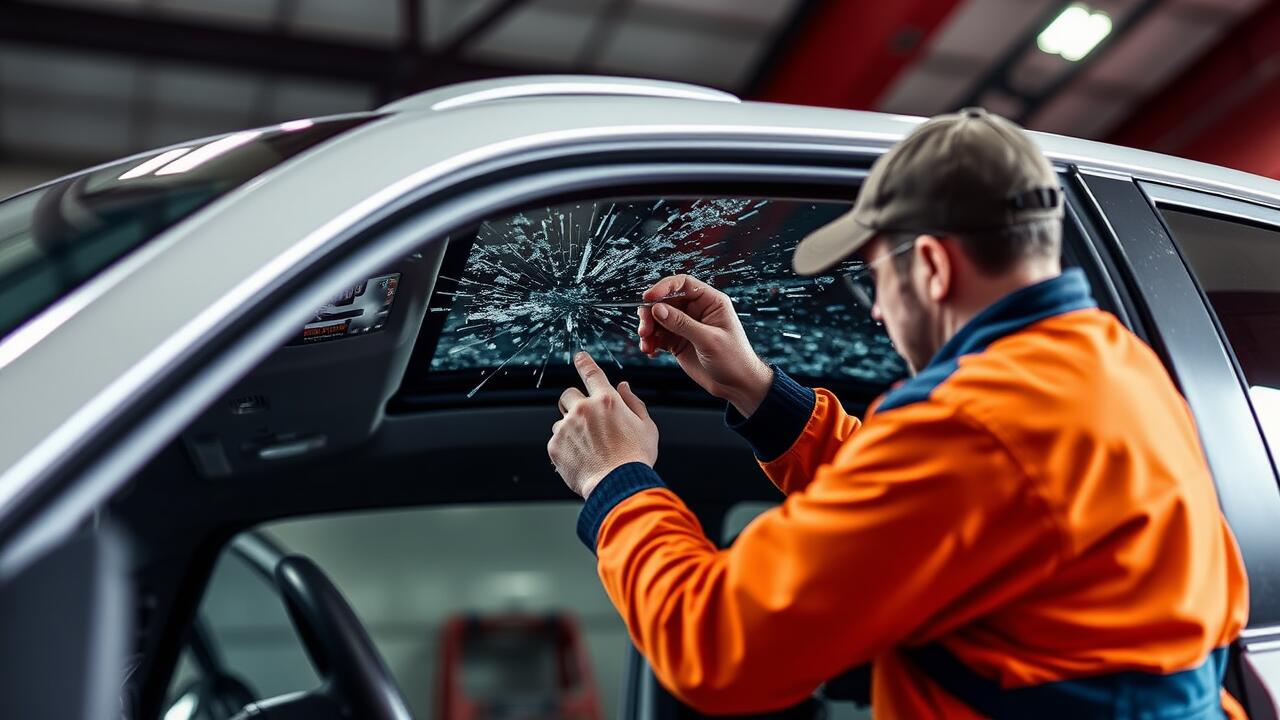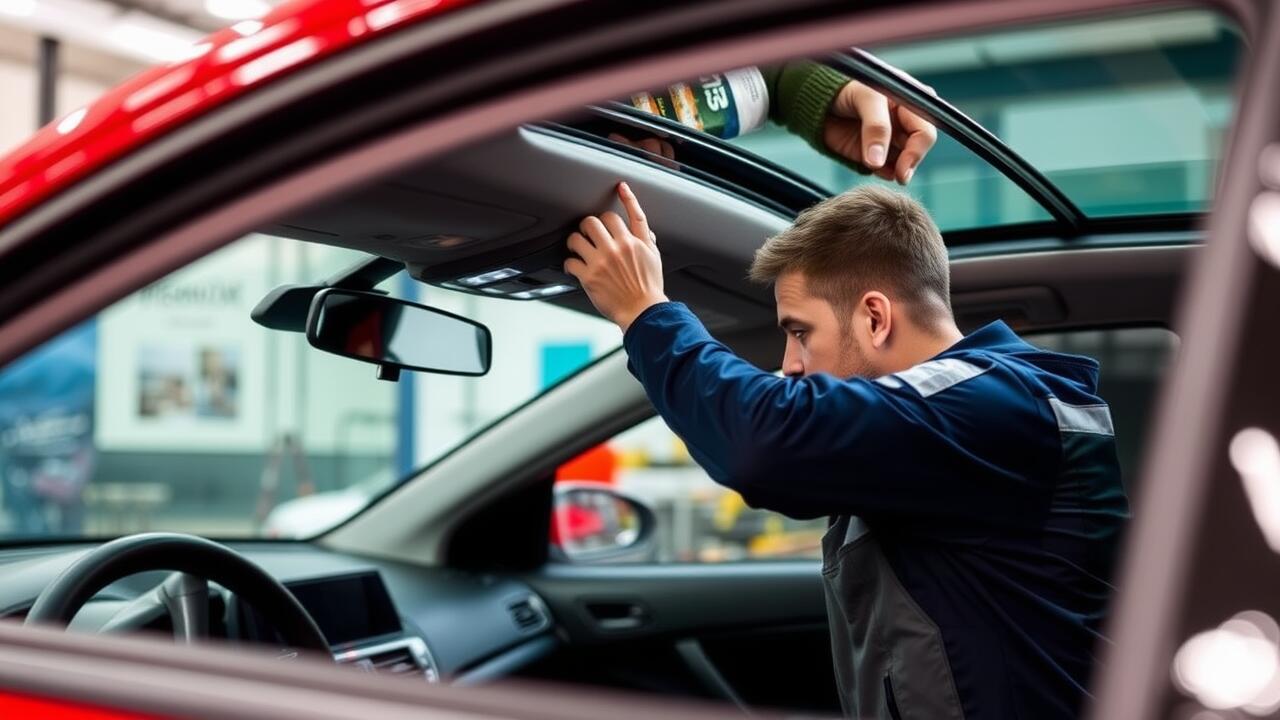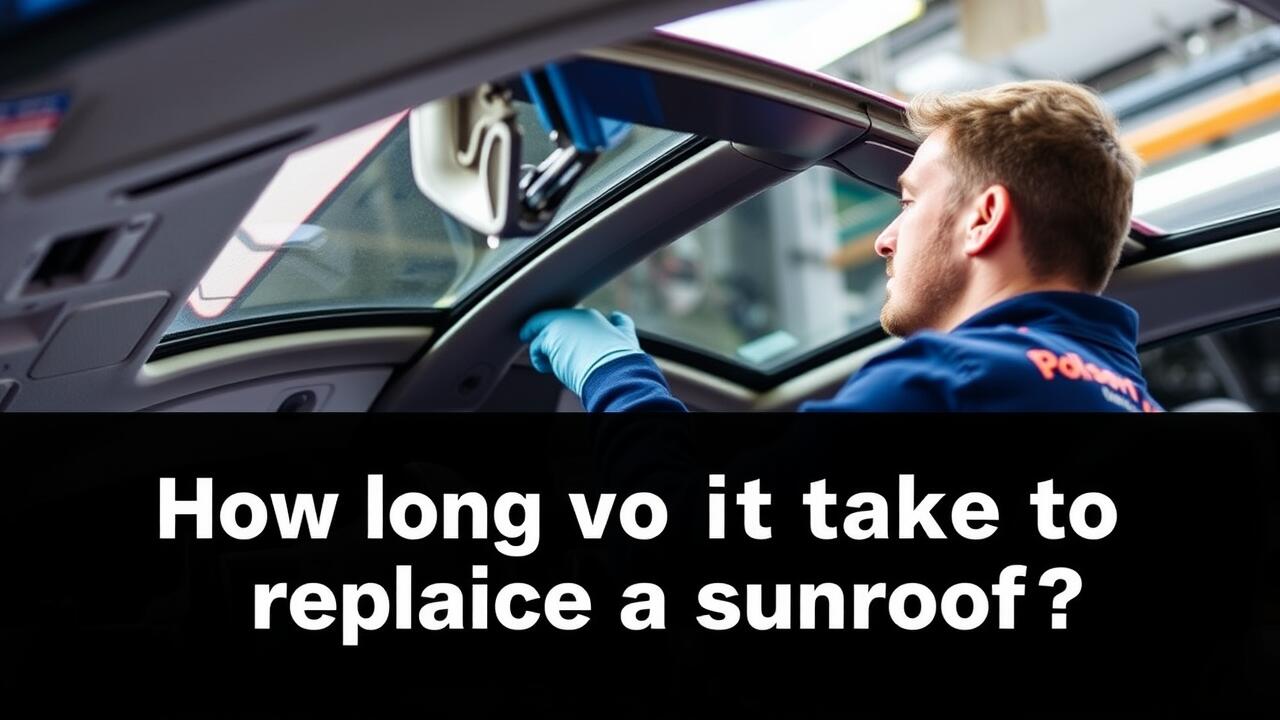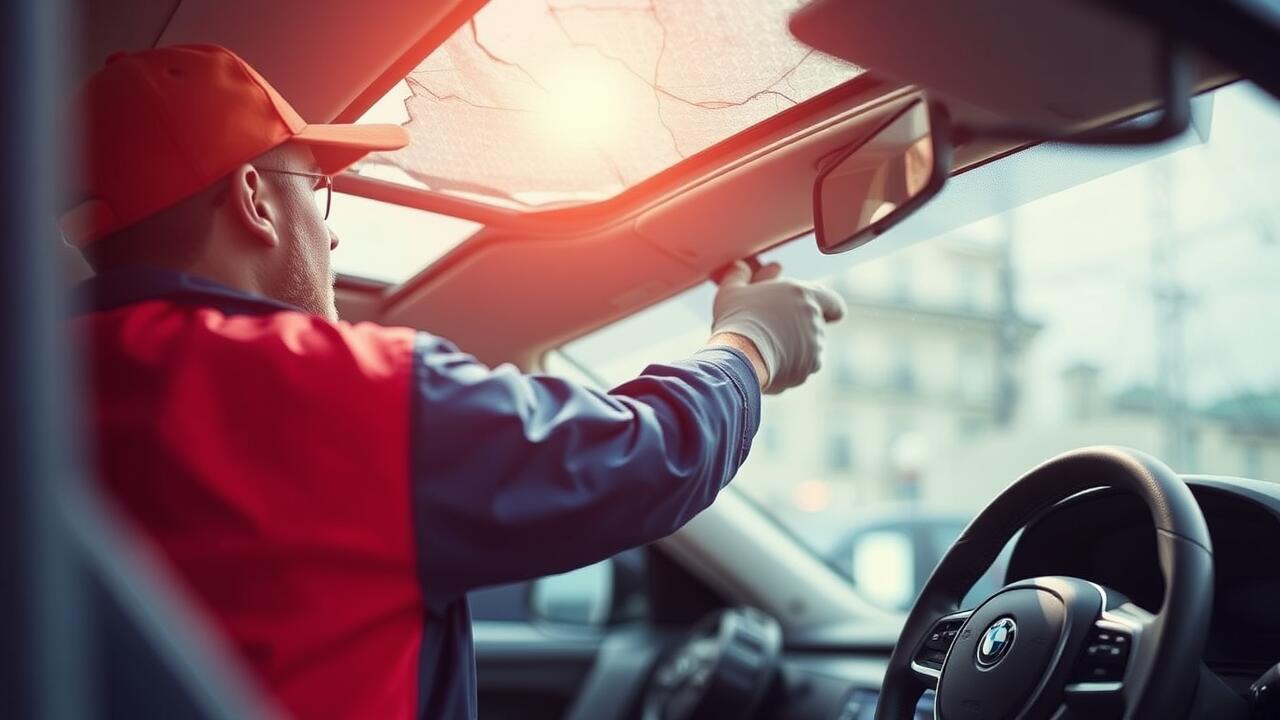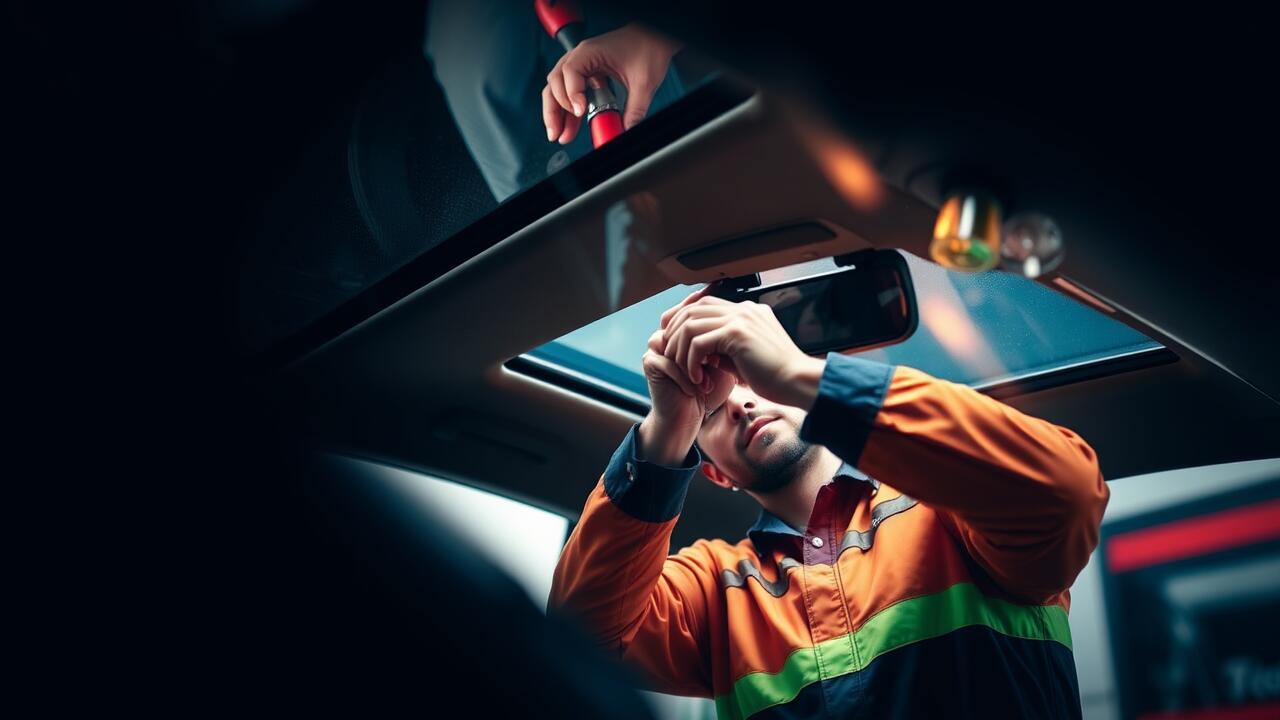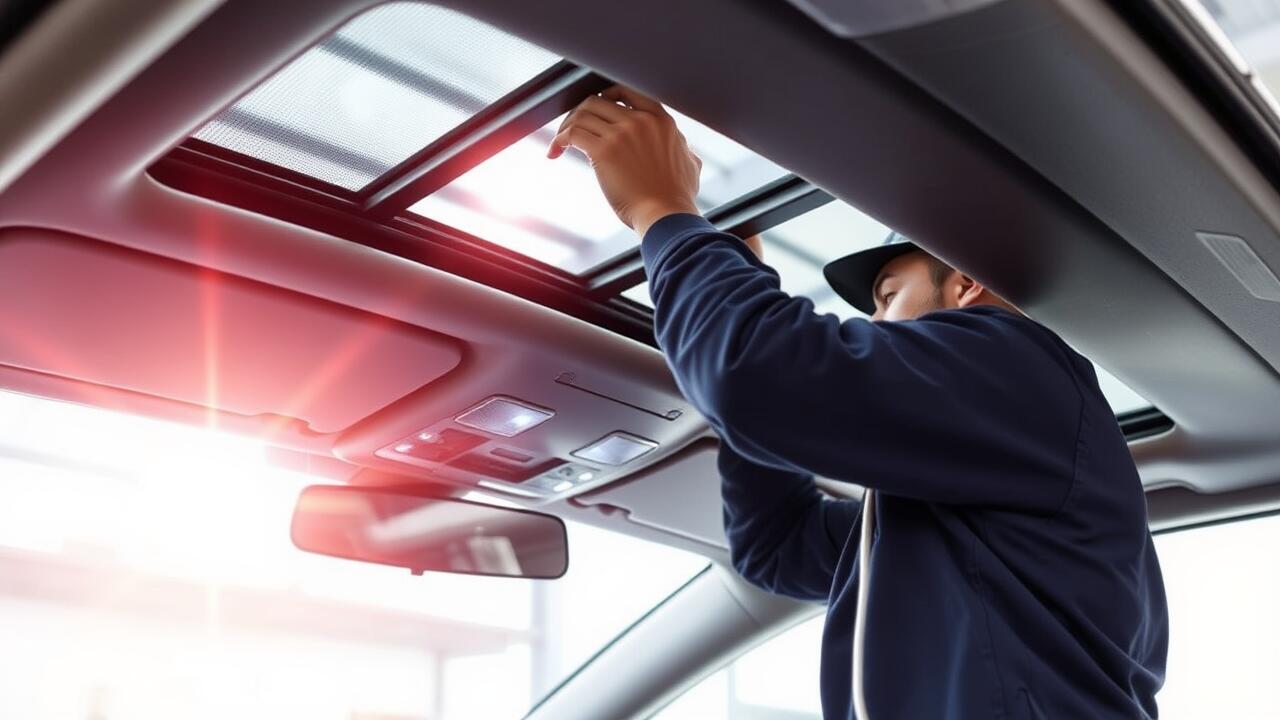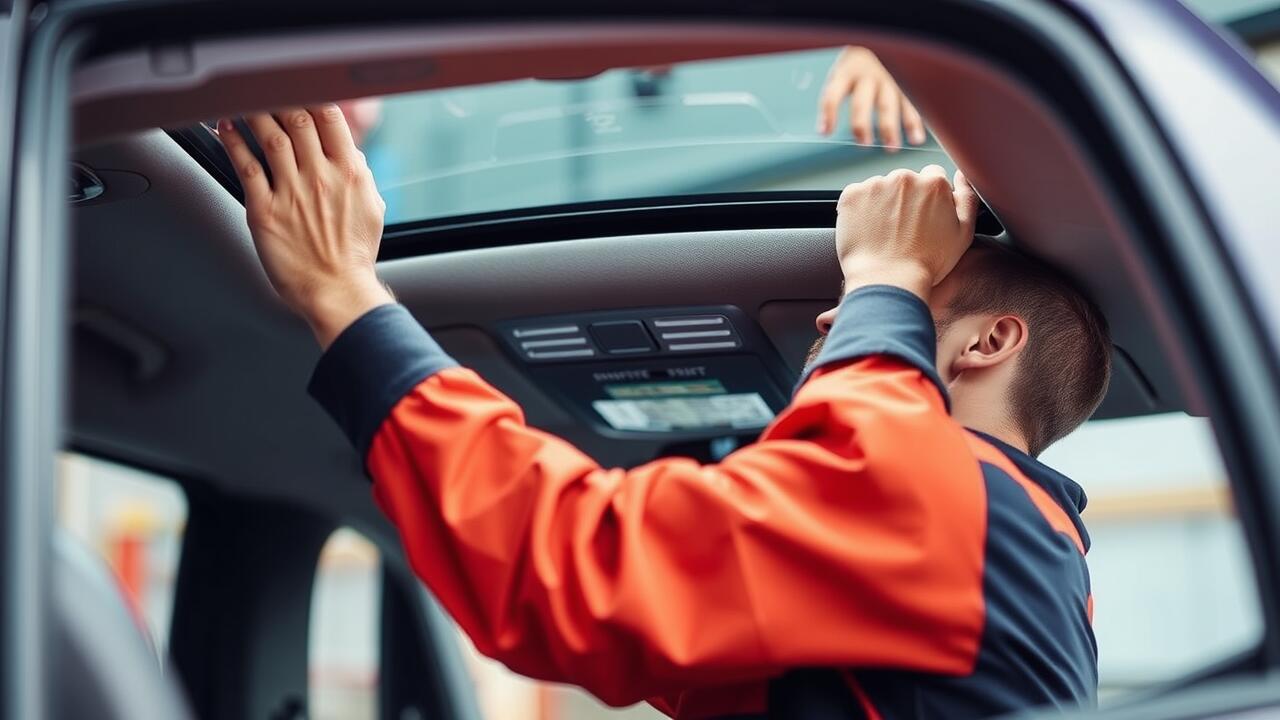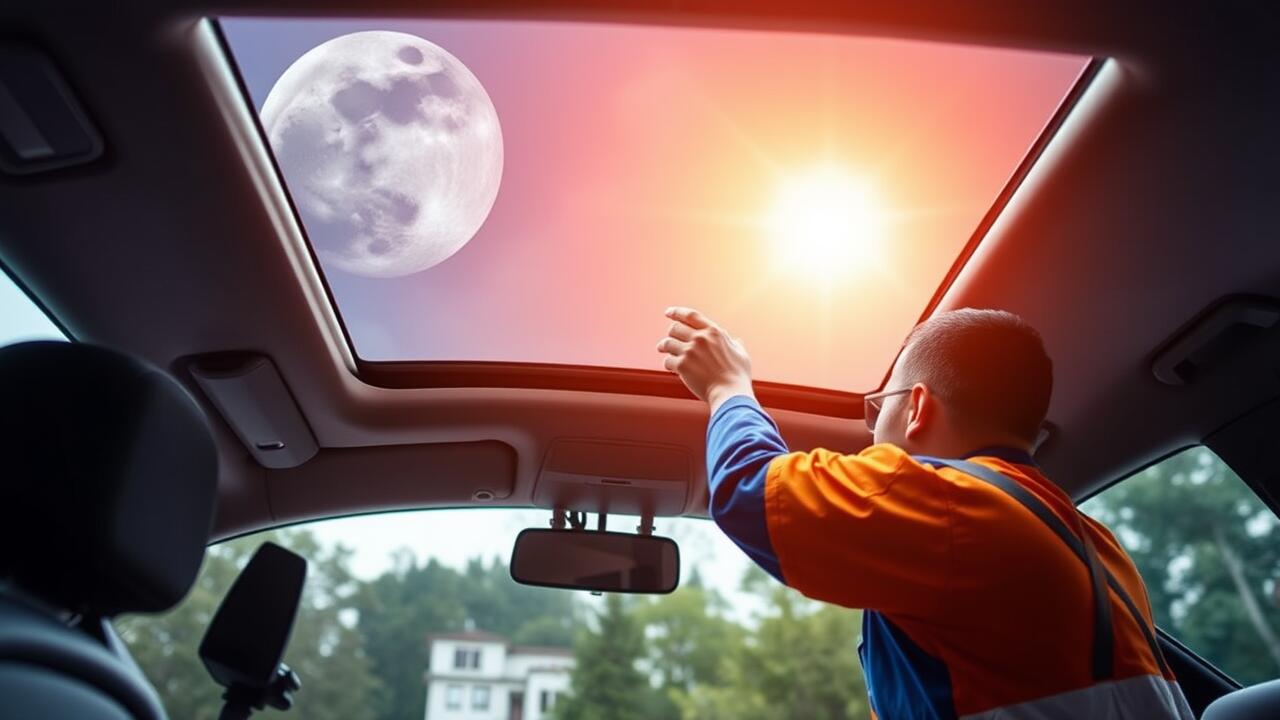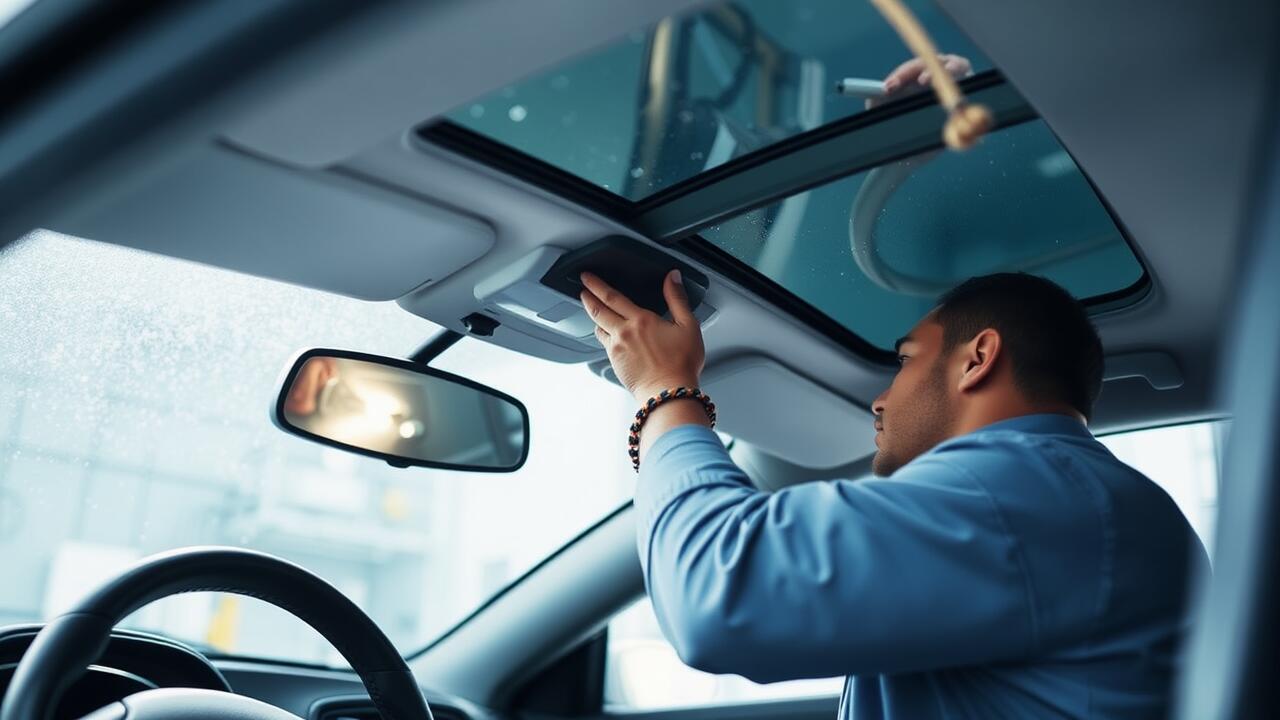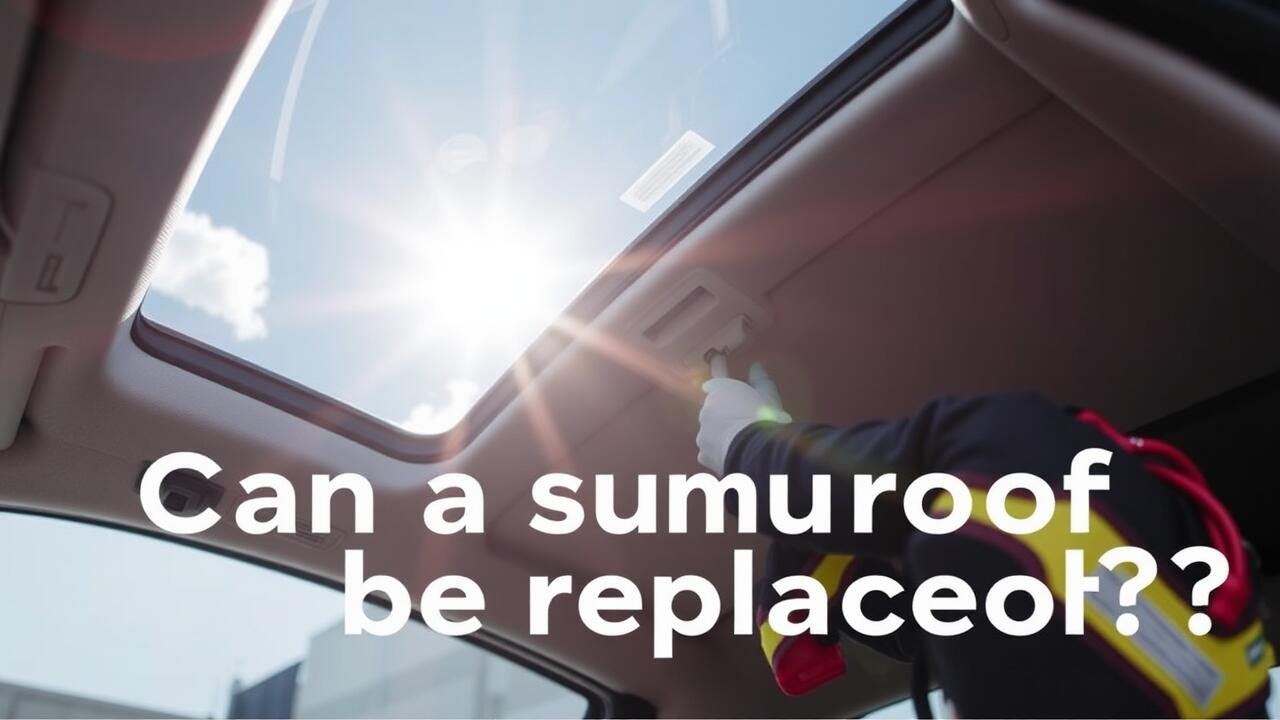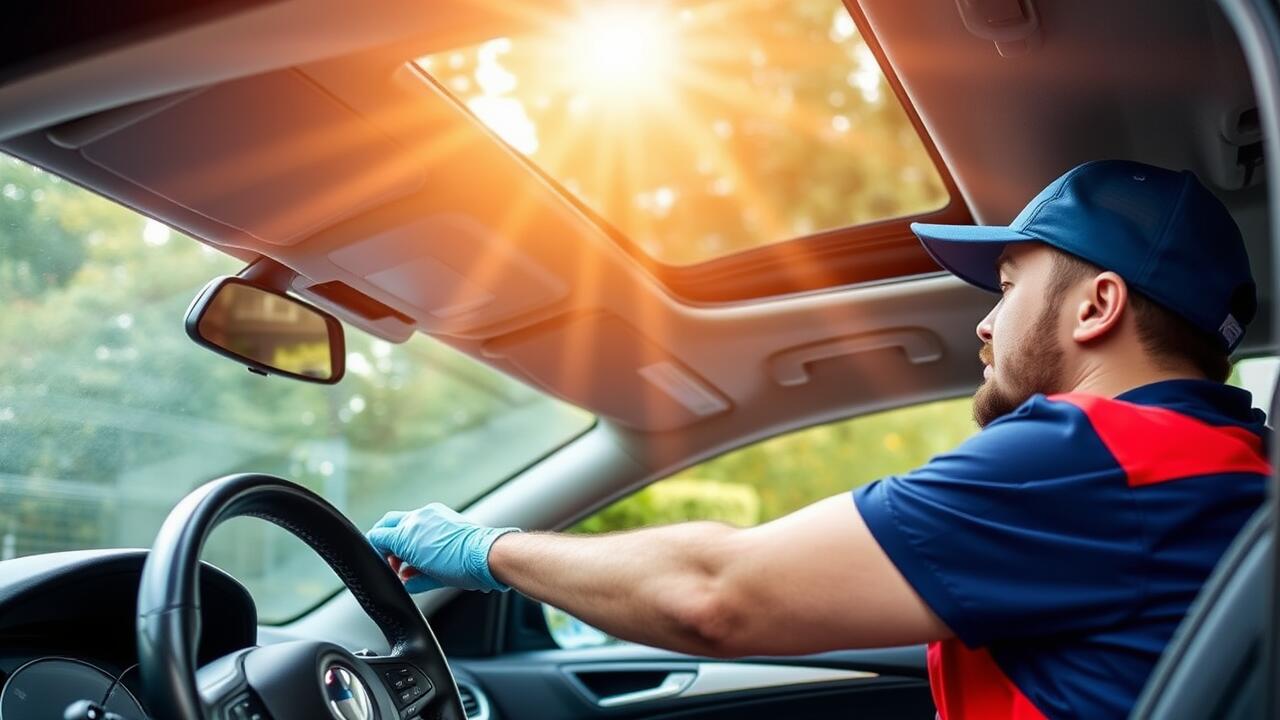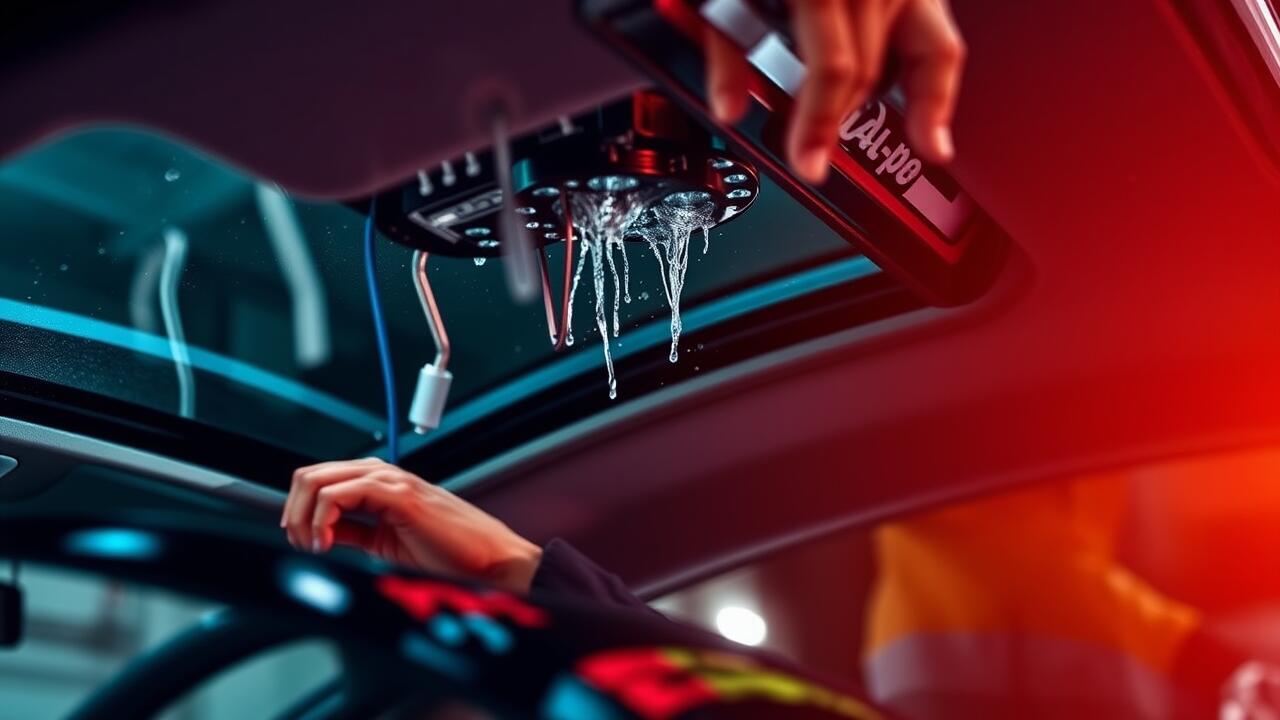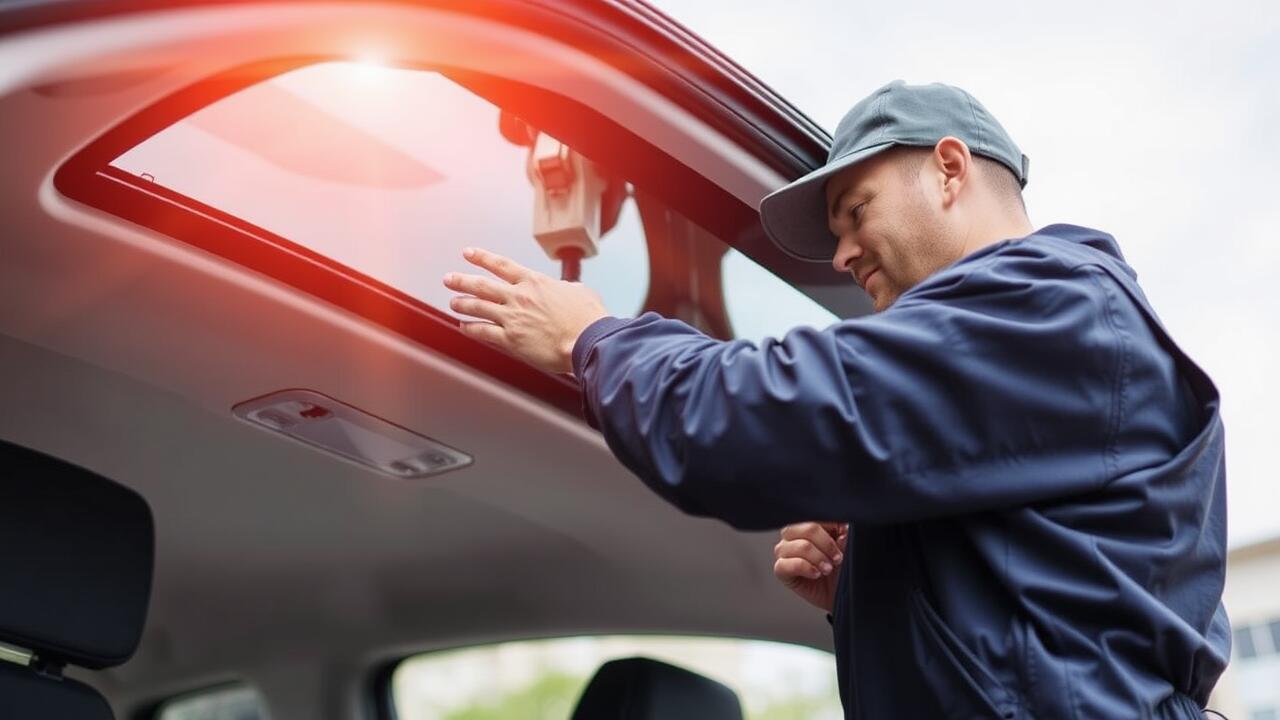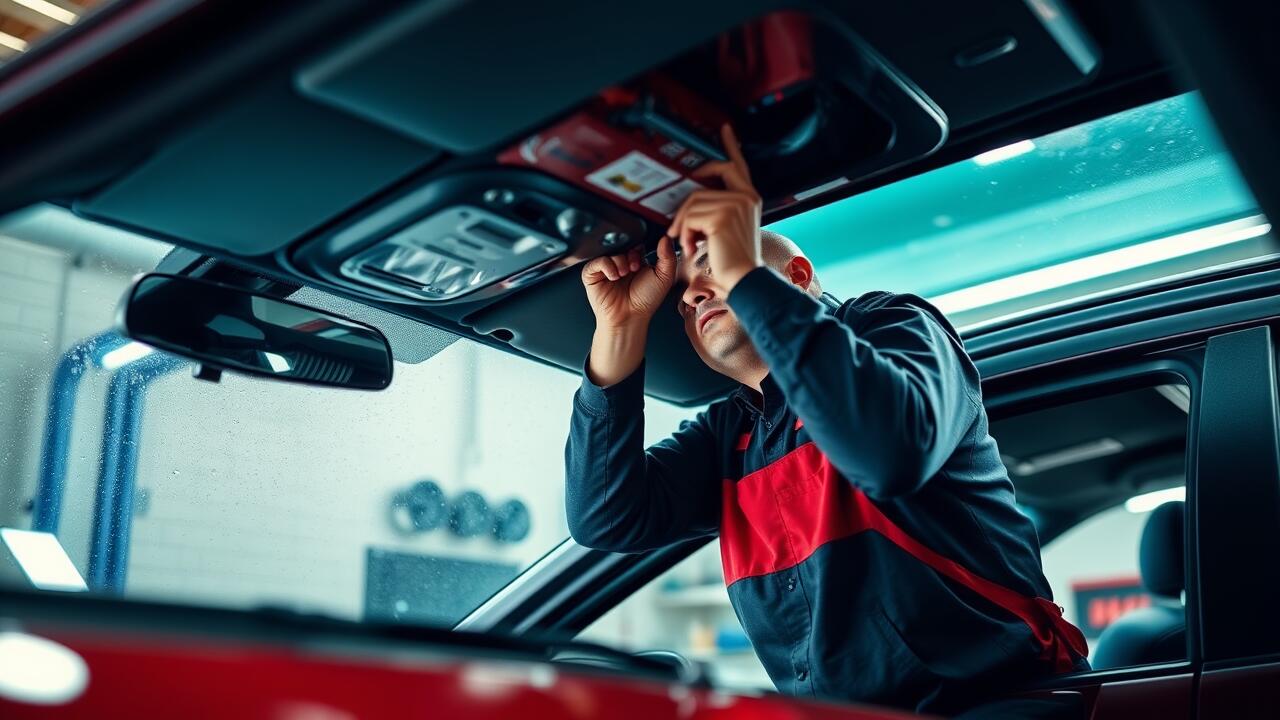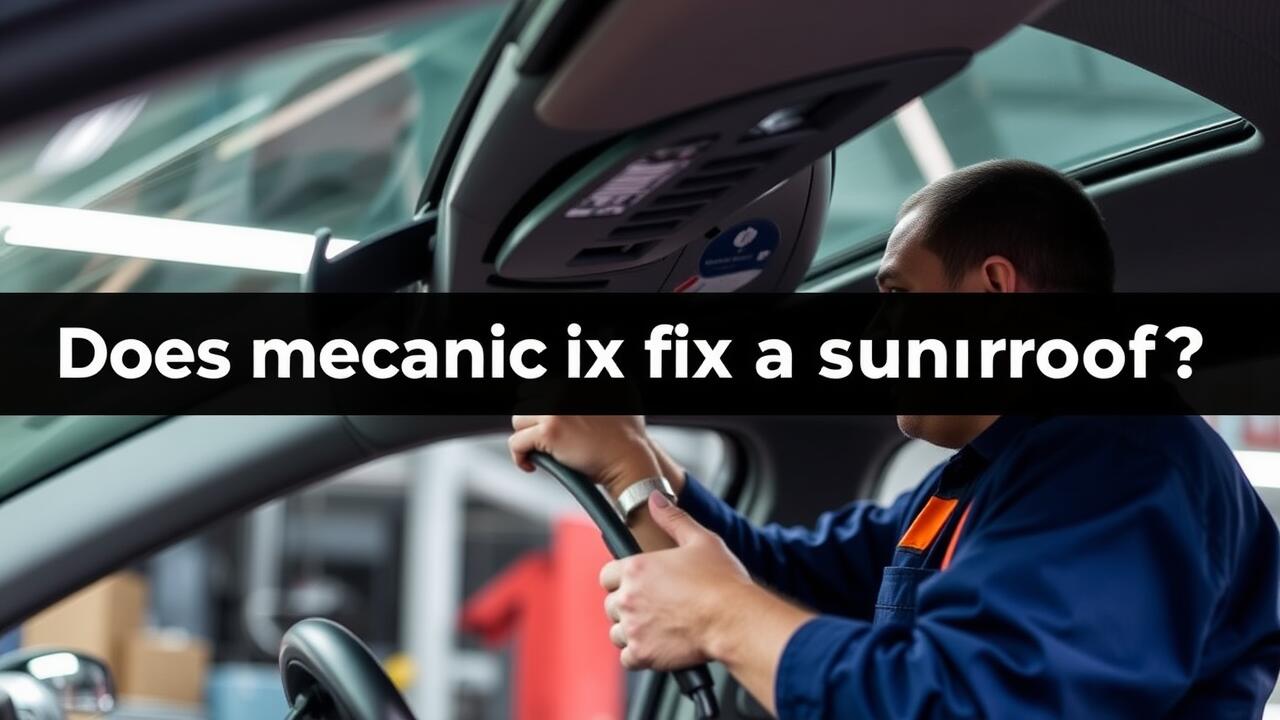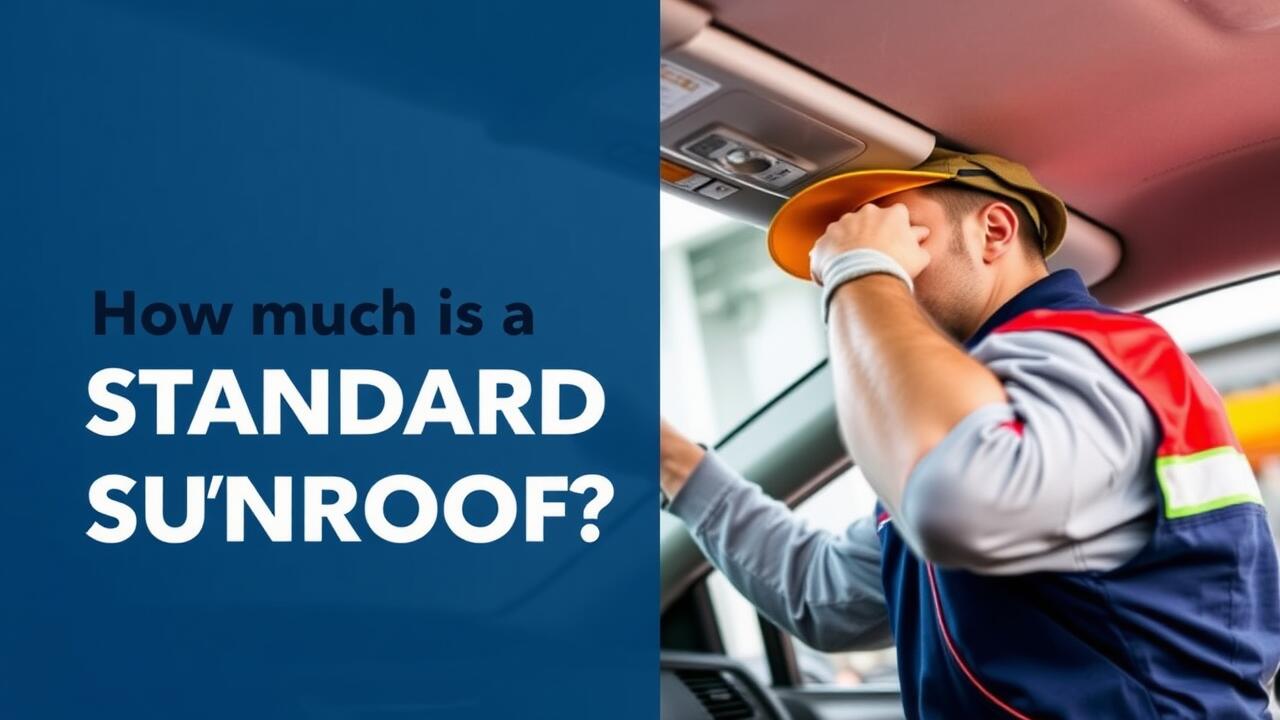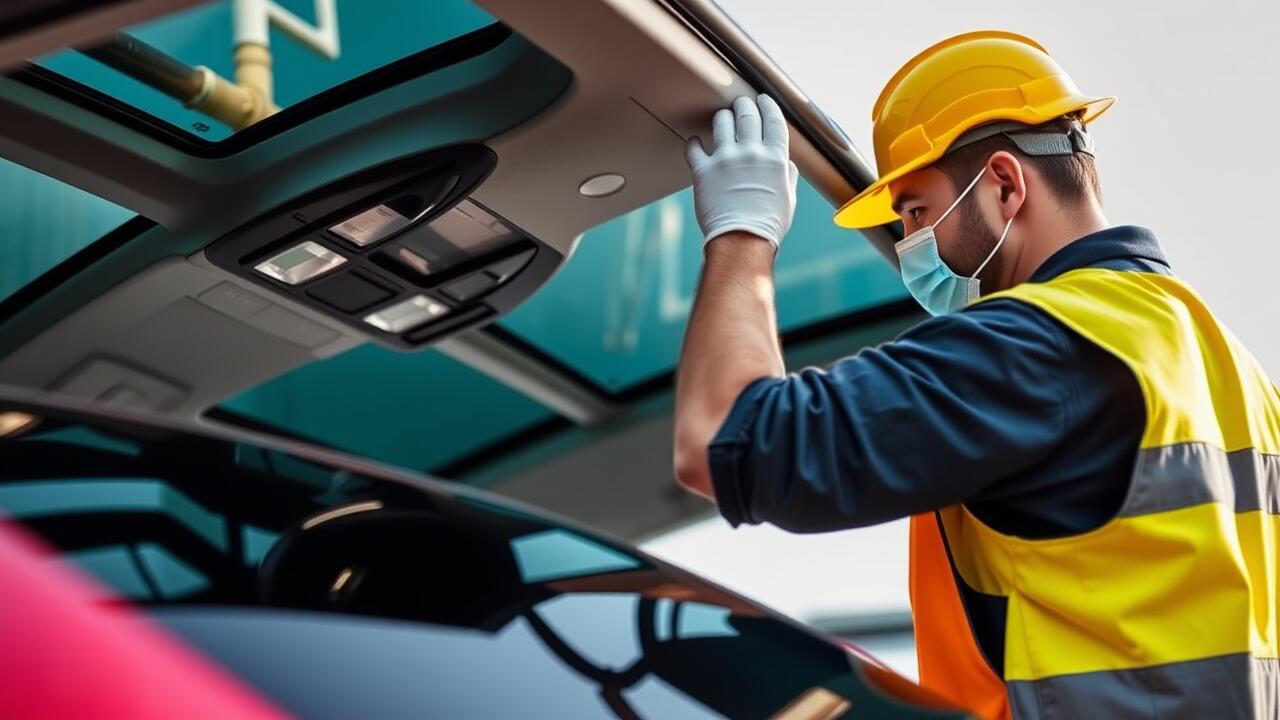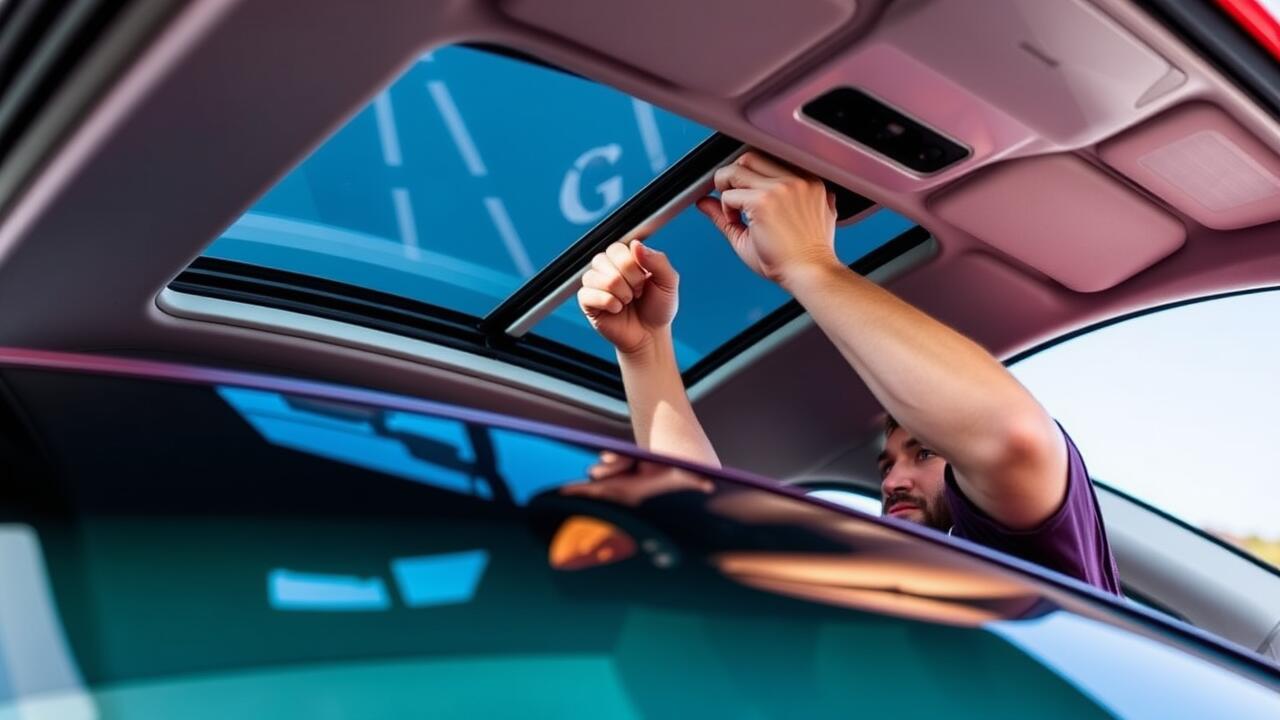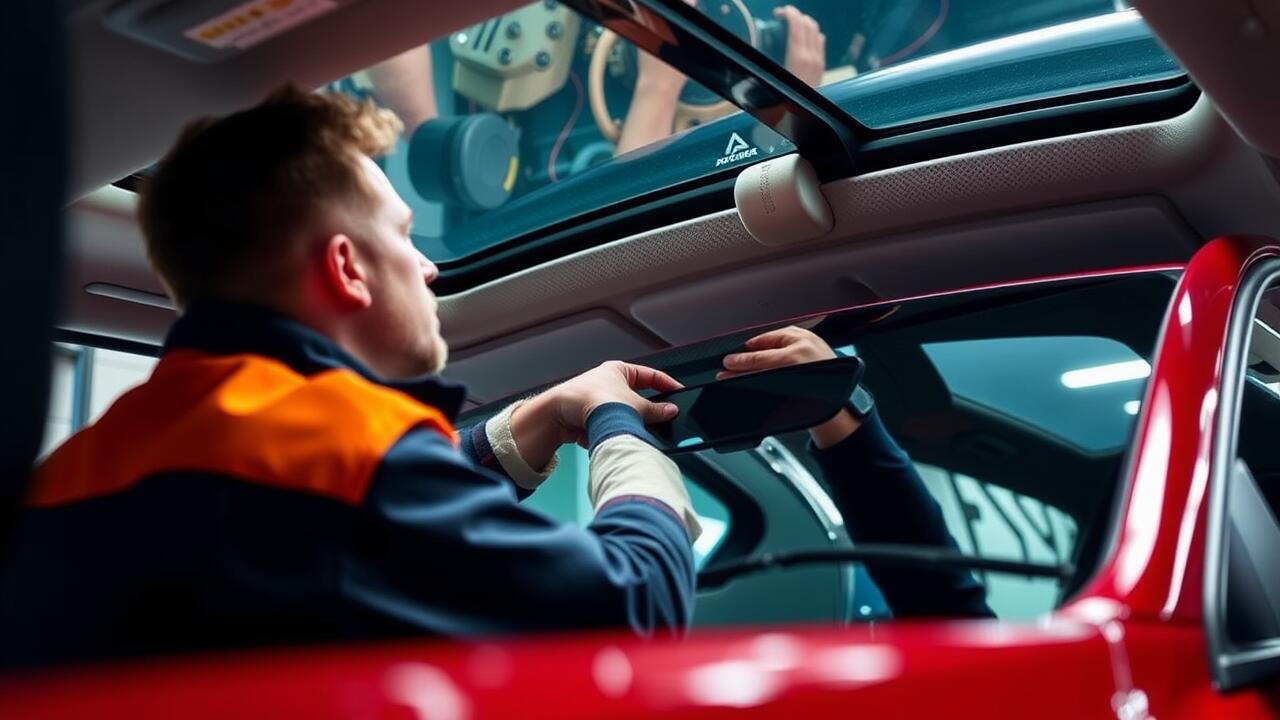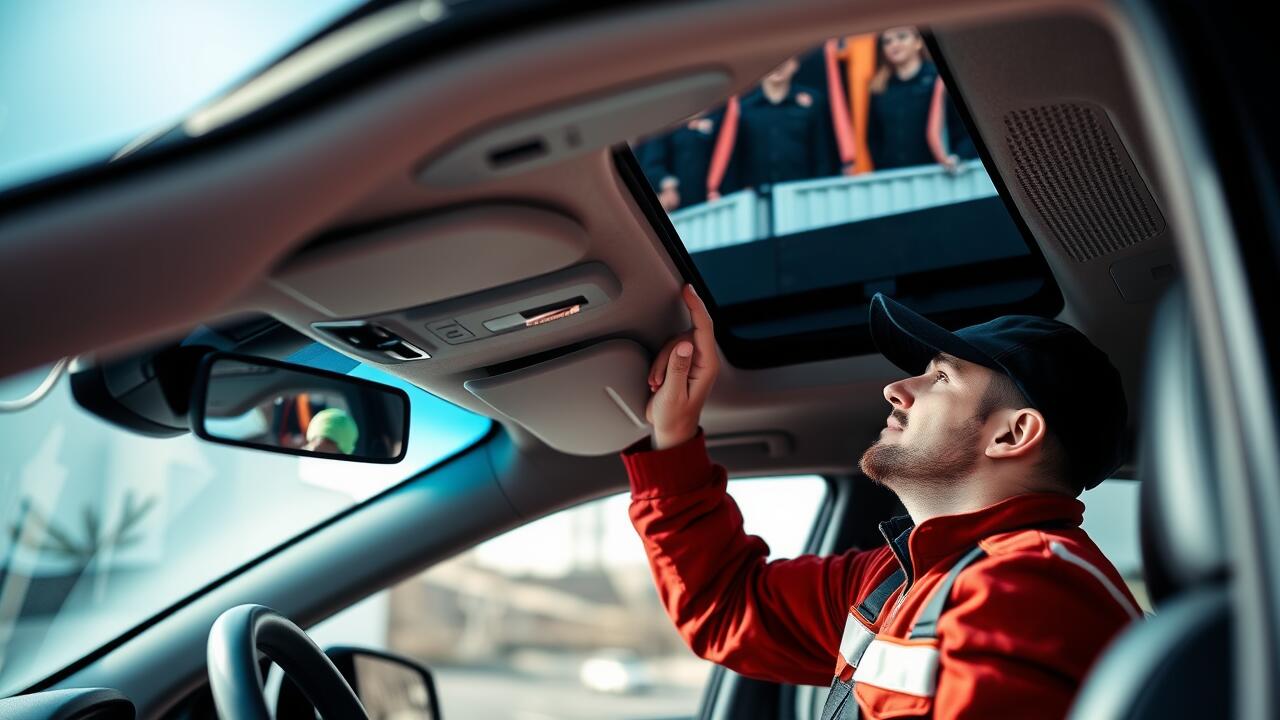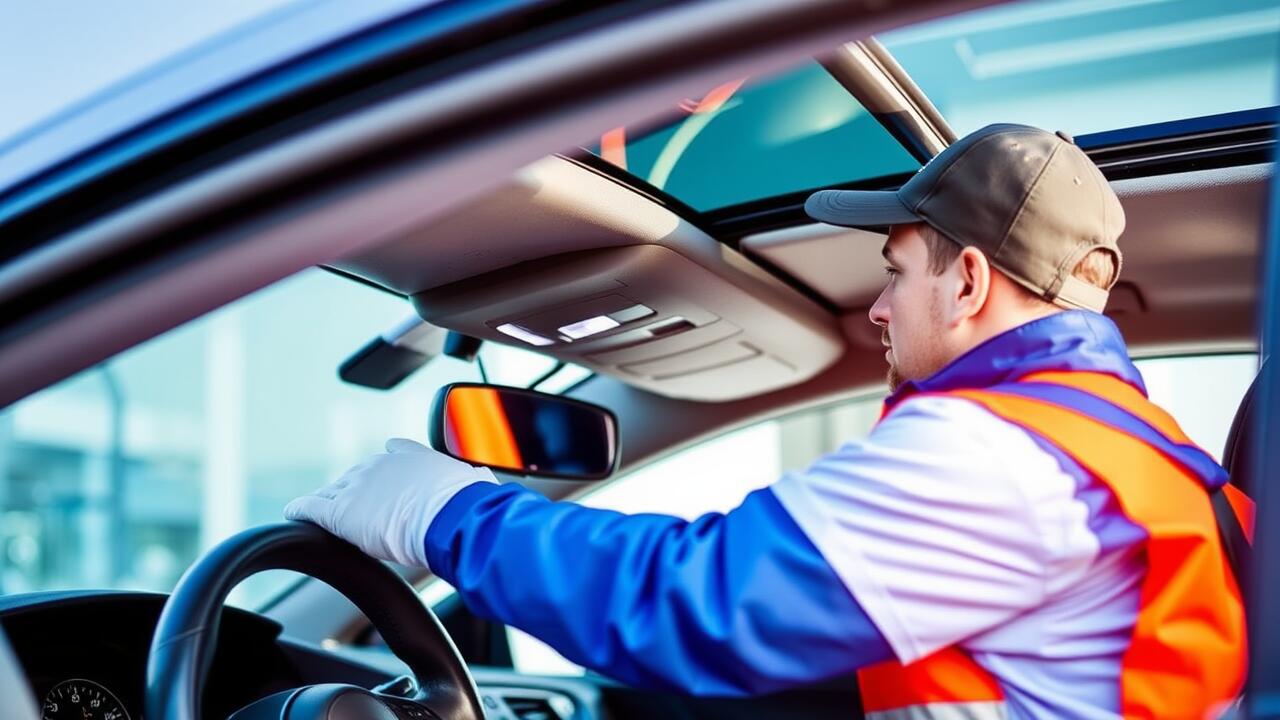
Table Of Contents
The Cost of Installing a Sunroof
Installing a sunroof comes with varying costs depending on whether one chooses a factory-installed option or an aftermarket installation. Factory sunroofs are often integrated into the manufacturing process, which can make them more costly initially. Aftermarket sunroofs generally have a lower installation price, but they might not match the aesthetic or quality of factory options. Buyers should consider the long-term value when deciding between these choices.
Sunroof replacement can add an additional expense down the line, especially if the original installation has issues. Regular maintenance is necessary to ensure functionality, and if an aftermarket sunroof experiences poor sealing or mechanical failure, repairs can become costly. It's crucial for potential buyers to weigh the upfront investment against potential future expenses regarding maintenance and replacement.
Evaluating Factory vs. Aftermarket Options
When considering the installation of a sunroof, potential buyers must weigh the benefits of factory-installed options against aftermarket installations. Factory sunroofs are designed and tested to fit seamlessly within a specific vehicle model, ensuring compatibility with existing components. This can result in a higher resale value since prospective buyers often prefer cars with OEM features. Moreover, factory options typically come with warranties that may cover potential issues, reinforcing the vehicle's long-term reliability.
On the other hand, aftermarket sunroofs can offer a broader range of styles and features, appealing to those looking for customization. However, quality can vary significantly among different brands and installations, which could impact both the vehicle’s aesthetics and function. Individuals opting for sunroof replacement should carefully assess the installer’s reputation and the product's quality to ensure satisfaction with the final result. Ultimately, the choice between factory and aftermarket requires careful consideration of both aesthetic desires and long-term investment.
Insurance Considerations
Insurance policies can vary significantly regarding sunroofs. Some insurers may cover sunroof replacement under comprehensive coverage, while others may treat it as a separate add-on. Factors like the type of vehicle and the nature of the damage influence how a claim is processed. Understanding your specific policy details before an incident occurs can save time and money.
Additionally, sunroofs might impact your car's overall insurance premium. A vehicle equipped with a sunroof may be considered more attractive to thieves, potentially leading to higher rates. Different insurance companies assess risks and benefits uniquely, which is why it’s important to compare quotes and coverage options.
How Sunroofs Affect Premiums and Coverage
When it comes to insurance, sunroofs can impact both premiums and coverage. Many insurers consider sunroofs as modifications that may increase the risk of damage. If an owner has to file a claim for sunroof-related issues, this can lead to higher premiums, especially if the modification falls under aftermarket installations rather than factory options. Depending on the insurance policy, the additional costs associated with repairs or replacements might not be fully covered.
Sunroof Replacement can also be a factor in how insurers assess the overall risk of a vehicle. In the case of damage from weather or accidents, the replacement cost can vary significantly based on whether the sunroof is factory-installed or an aftermarket addition. Insurers may offer different coverage options, so it's essential for car owners to consult their policy details to understand how a sunroof, especially an aftermarket one, affects their coverage and potential out-of-pocket expenses.
Sunroofs and Energy Efficiency
Sunroofs can influence a vehicle's energy efficiency in various ways. The added glass surface allows for more natural light, which can create a sense of openness and comfort for passengers. However, this feature can also lead to increased cabin temperatures on sunny days, making the air conditioning work harder and potentially lowering fuel economy. Owners should consider how often they use the sunroof and under what conditions to gauge its overall impact on their vehicle’s energy efficiency.
Sunroof Replacement may become necessary over time due to wear and tear or damage. A new sunroof can mitigate the risks associated with leaks that compromise insulation. Properly installed sunroofs can enhance a car's aerodynamic profile, which may also aid in fuel efficiency. However, if the sunroof is frequently open while driving, it can create drag, which negatively affects fuel economy. Balancing these factors is key to understanding how sunroofs contribute to a vehicle's overall energy performance.
Impact on Fuel Economy and Temperature Regulation
Sunroofs can influence a vehicle's energy efficiency in several ways. They allow for natural ventilation, which may reduce the reliance on air conditioning during warm weather. This can lead to a more comfortable driving experience while potentially improving fuel economy. However, the benefits can vary depending on how frequently drivers use the sunroof and the prevailing weather conditions. Leaving the sunroof open at high speeds can create aerodynamic drag, which negatively impacts fuel efficiency.
Temperature regulation inside a car can be affected by the type of sunroof installed. A well-insulated sunroof can help maintain a consistent interior climate, reducing the need for heating or cooling. In contrast, poorly sealed or older aftermarket sunroofs may compromise insulation, leading to unwanted heat gain or loss. For those considering sunroof replacement, it is crucial to evaluate the energy efficiency of different options to ensure they enhance rather than hinder overall performance.
FAQS
Does having a sunroof increase the resale value of a car?
Yes, a sunroof can enhance the resale value of a car, as many buyers find it appealing for the added light and ventilation it provides.
Are factory-installed sunroofs better than aftermarket options?
Generally, factory-installed sunroofs are considered better quality and may add more value to a car compared to aftermarket options, as they are designed to fit the vehicle perfectly and ensure no issues arise with leaks or operation.
How does a sunroof impact car insurance rates?
Sunroofs can potentially impact car insurance rates. While they may not significantly increase premiums, having a sunroof could affect coverage options and costs in the event of damage or a claim.
Do sunroofs affect a car's energy efficiency?
Yes, sunroofs can influence a car's energy efficiency. They may slightly reduce fuel economy due to increased weight and aerodynamic impact, but they can also help with temperature regulation, potentially reducing the need for air conditioning.
Are there any downsides to having a sunroof?
Yes, potential downsides include higher repair costs if the sunroof malfunctions, increased likelihood of leaks, and added weight, which may slightly affect fuel efficiency.
